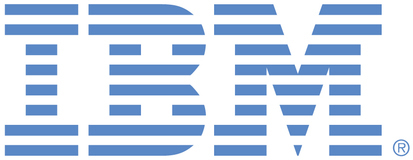
Start by searching and reviewing ideas others have posted, and add a comment (private if needed), vote, or subscribe to updates on them if they matter to you.
If you can't find what you are looking for, create a new idea:
stick to one feature enhancement per idea
add as much detail as possible, including use-case, examples & screenshots (put anything confidential in Hidden details field or a private comment)
Explain business impact and timeline of project being affected
[For IBMers] Add customer/project name, details & timeline in Hidden details field or a private comment (only visible to you and the IBM product team).
This all helps to scope and prioritize your idea among many other good ones. Thank you for your feedback!
Specific links you will want to bookmark for future use
Learn more about IBM watsonx Orchestrate - Use this site to find out additional information and details about the product.
Welcome to the IBM Ideas Portal (https://www.ibm.com/ideas) - Use this site to find out additional information and details about the IBM Ideas process and statuses.
IBM Unified Ideas Portal (https://ideas.ibm.com) - Use this site to view all of your ideas, create new ideas for any IBM product, or search for ideas across all of IBM.
ideasibm@us.ibm.com - Use this email to suggest enhancements to the Ideas process or request help from IBM for submitting your Ideas.

I'm not sure I understand the business value of adding an extra decimal to a timestamp. Please expand.
Once we have more details, we will review but at this time, we are dealing with higher priorities.